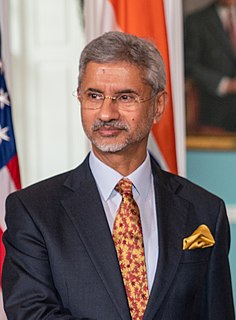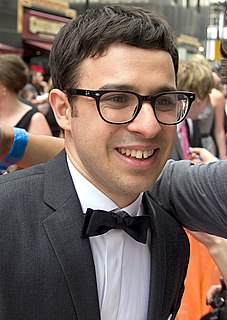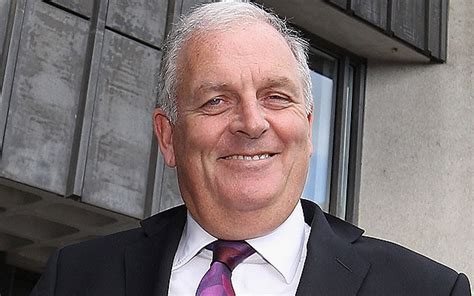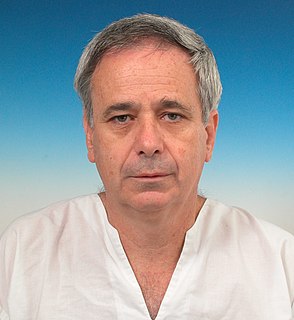A Quote by Subrahmanyam Jaishankar
You have expressive nationalism, I mean very identity driven, which shaped each other a lot of that in the Middle East.
Quote Topics
Related Quotes
There's kind of a hidden point which isn't being brought out, and that is that it is inconceivable that the U.S. would permit democracy in the Middle East, and for a very simple reason. Just take a look at polls of Arab public opinion. They exist. You can't find them in the press, but they exist from prestigious polling agencies. Released by major institutions. And what they show is that if there was democracy in the Middle East, the entire U.S. program for domination of the Middle East would be down the tube.
By 'nationalism' I mean first of all the habit of assuming that human beings can be classified like insects and that whole blocks of millions and tens of millions of people can be confidently labeled 'good' or 'bad'...By 'patriotism' I mean devotion to a particular place and a particular way of life, which one believes to be best in the world but has no wish to force on other people. Patriotism is of its nature defensive, both militarily and culturally. Nationalism, on the other hand, is inseparable from the desire for power.
I think the public is very reluctant to get involved in more foreign wars, especially in the Middle East. And they understand, implicitly, that we go to war in the Middle East because of oil. And if we don't want to go to war in the Middle East, then we have to do something about the oil problem. And I think that view is gaining ground in the U.S.
In 1995, I went to Berlin to acting school, which was in East Berlin. And I decided to live in the east, because I thought if I go to West Berlin, I might as well stay in Stuttgart in the West because I know all the signs, and the way we deal with each other, and I wanted to get to know the other part of Germany and how they lived and what their history was and their biography. In that period of time, I learned a lot, and it helped me a lot.
Unless this [Barack Obama] American administration is willing to diverge from the conventional American policy in the Middle East by changing its basic attitudes on crucial questions, foremost of them Palestine, and support genuinely the rights of people for independence, sovereignty and identity across the board, the only "resolve" one would hope from the USA is to stay out of the Middle East for a while.
Here is the difference, nationalism has a certain connotation in Europe, which is not necessarily positive, but I think in Asia, nationalism is seen very much as a sort of natural corollary to economic progress, almost like you're independent, you progress, you are prosperous and nationalism comes with all of that.







































